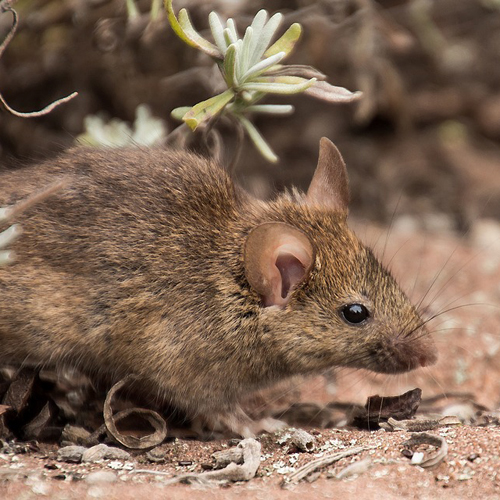RODENTS

Order: Rodentia
Appearance:
Rodents are warm-blooded mammals that, like humans, can be found throughout the world. They have oversized front teeth for gnawing and check teeth, which are adapted for chewing. Rodents chew on a variety of items available to them and cause great damage in and around homes.
Common Types of Rodents:
- Norway Rat
- House mouse
- Roof Rat

Norway Rat – Brown Rat (Rattus norvegicus)

Norway Rat (Brown rat) usually prefer ground living and burrowing, but sometimes they can be known to climb.
Appearance
- The Norway rate is up to 40 cm in length, with a tail shorter than the head and body.
- It grows up to between 350–500g in weight.
- It has a blunt nose, small ears and a thicker body when compared to the Black Rat (Rattus rattus).
Habits
- Preferred food is cereals, although they are omnivorous.
- They will eat around 30g of food a day and drink 60ml.
Life cycle
- Rats have 7–8 young per litter, and between 3–6 litters a year.
- The gestation period is about 3 weeks.
- It only takes 10–12 weeks from birth to reach sexual maturity.
House Mouse (Mus musculus)

Where is house mouse found?
Capable of surviving nearly any environment – small size, high adaptability + needs extremely small amount of food and space.
Appearance
- 7 – 9.5cm in length, with a tail around the same length
- 12 – 30g in weight.
- Their relatively small feet & head and large eyes & ears distinguish them from a young brown rat (Rattus norvegicus)
Habits
- Usually ground living and burrowing, but often climbs.
- Preferred food is cereals.
- Will eat around 3g of food a day and can survive without any additional water. They will drink up to 3ml a day if their diet is particularly dry.
Life cycle
- 4 – 16 young per litter; 7 – 8 litters a year.
- Gestation period of about 3 weeks.
- 8 – 12 weeks from birth to sexual maturity
Roof Rat – Black Rat (Rattus rattus)

Black rats can be found in coastal towns and in many urban environments.
Apperance
- The black rat is between 16–24cm in length, with a tail longer than the head and body.
- It grows to between 150–200g in weight.
- They have a pointed nose, large ears and a slender body.
Habits
- They are incredibly agile and very good climbers.
- Their preferred food is moist fruits. Black Rats will eat around 15g of food a day and drink 15ml.
Life cycle
- Black rats produce 5–10 young per litter, and have between 3–6 litters a year.
- The gestation period is about 3 weeks.
- It only takes between 12–16 weeks from birth for them to reach sexual maturity.
Signs of Infestation
- Rat Droppings – Norway Rat droppings are dark brown in a tapered, spindle shape – like a grain of rice.
- Bite Marks – Rats tend to gnaw on wood and plastic to keep their teeth trimmed.
- Rub Marks – Grease and dirt on their bodies leaves smudges on surfaces.
- Scratching Noises – Black rats are agile climbers and often found in lofts to you might hear scratching noises at night.
- Rat Holes – Norway rats are well known for digging extensive burrow systems for shelter, food storage and nesting.
- Rat Nests – Rats will shred available materials such as loft insulation, cardboard and other soft items to make nests.
- Footprints – Rats leave foot and tail marks in dusty, less-used areas of buildings.
How can I help prevent a rodent infestation?
We recommend the following tips for rodent control in and around the home:
- Keep foodstuffs in metal or glass containers with tight fitting lids.
- Tidy inside the house and around the garden — less clutter means less places to hide.
- Place outdoor rubbish bags in metal bins with securely fitted lids to stop them feeding from contents.
- Clean up pet food and bird seed debris, and store pet food in robust containers with fitted lids – preferably above ground level.
- Keep gardens free from debris. If you have compost heap don’t include organic food waste, as this will attract them.
How Do You Get Rid of Rodents?
If you do see any of the signs mentioned above you need to act quickly to ensure any potential rat infestation is controlled quickly before it can spread, So call us for a free quote and speak to our technician who will be able help you.
We recommend acting quickly as rats are well known to spread diseases, damage property, contaminate food stuffs and also introduce parasites like fleas, lice and ticks into your property.

